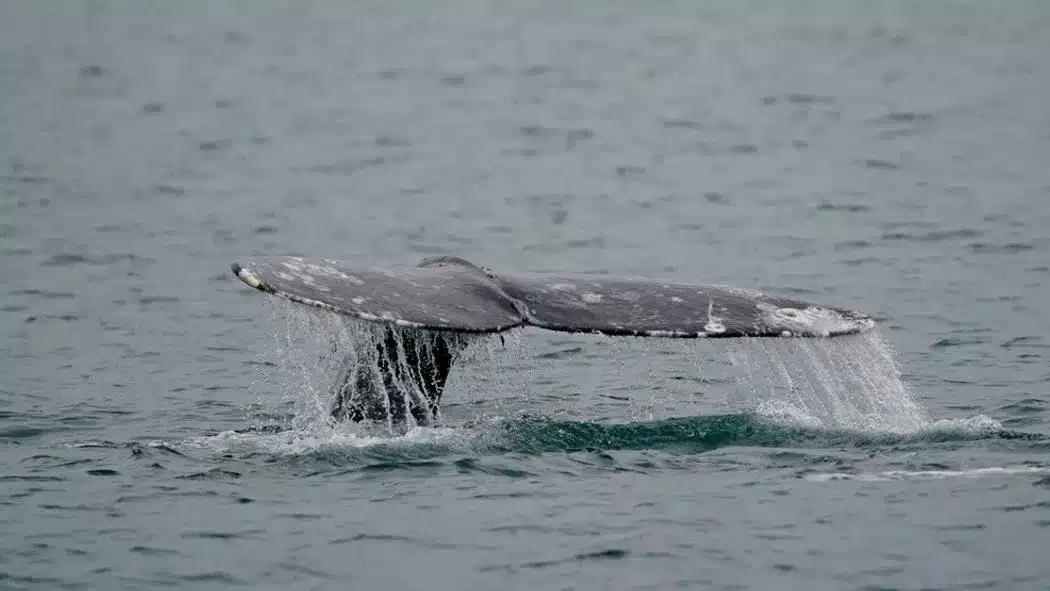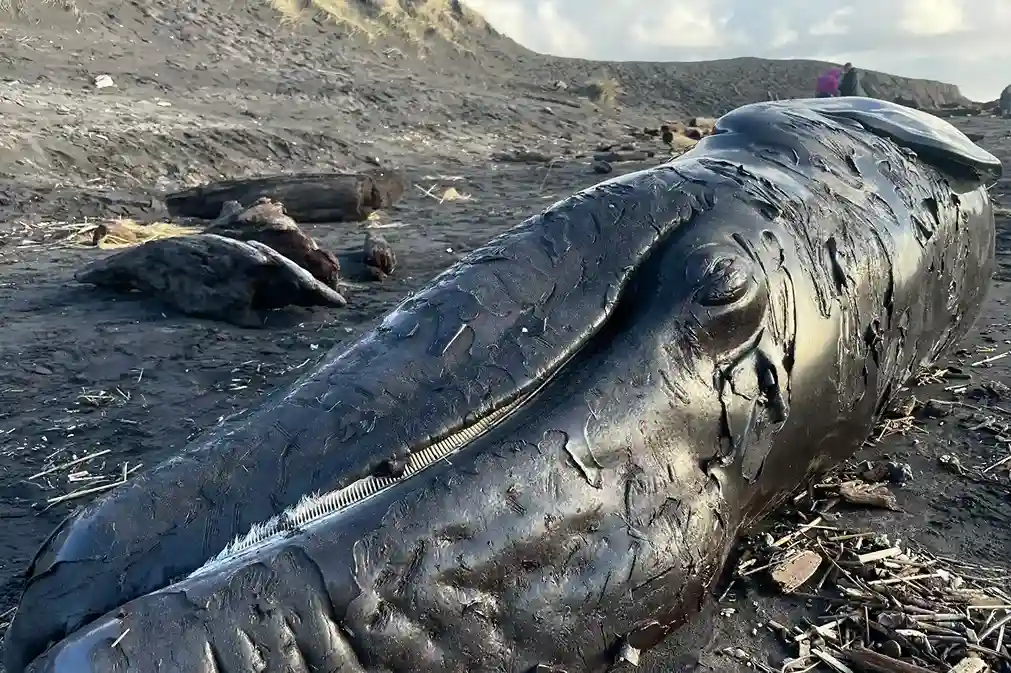West Coast Grey Whale Population Recovers 5 Years After the Mass Strandings

West Coast Grey Whale Population Shows Signs of Recovery After Mass Strandings!
Five years following a devastating period where hundreds of grey whales were found dead along the West Coast, there’s finally a glimmer of hope. Recent findings from federal researchers suggest that the grey whale population is exhibiting signs of recovery.
(Also read Irish Woman’s Death in NY Stabbing Sends Shockwaves Through Longford Community.)
West Coast Grey Whale Population Rebounds, Says NOAA
Hope was restored when the National Oceanic and Atmospheric Administration (NOAA) announced that the “unusual mortality event” that started in 2019 was over. Research biologist Aimee Lang from NOAA’s Southwest Fisheries Science Center was relieved to be able to share good news after a few trying years.
According to NOAA’s estimates, there are currently 17,400–21,300 grey whales in the eastern North Pacific, which is a huge rise over the last count. This rebound is especially welcome after witnessing a decline from approximately 27,000 whales in 2016.

The mortality event, reaching its peak between December 2018 and December 2020, saw 690 dead grey whales washing ashore from Alaska to Mexico. The toll was particularly pronounced in the United States, Mexico, and Canada.
Researchers in the northern Bering and Chukchi seas off the coast of northern Alaska have linked the tragic event to changes in the environment that impacted the whales’ access to and quality of prey.
Consequently, whales exhibited poor nutritional conditions, leading to increased mortality during their migration and decreased calf production.
Despite the distressing nature of these findings, it’s a relief to witness signs of recovery in a species that plays a vital role in our marine ecosystem. It provides proof of the importance of ongoing studies and conservation efforts.It provides proof of the importance of ongoing studies and conservation efforts. Even though grey whales in the eastern North Pacific were taken off the endangered species list in 1994, their recovery process still requires care and preventative actions to guarantee their long-term existence.
LATEST NEWS
DISCOVER MORE






